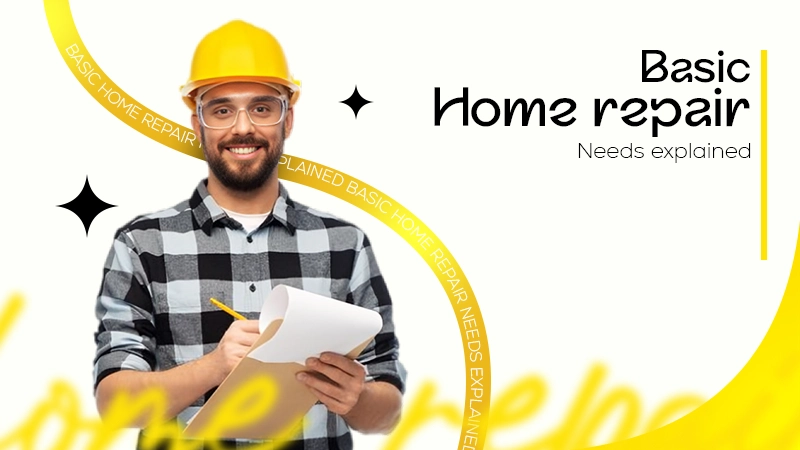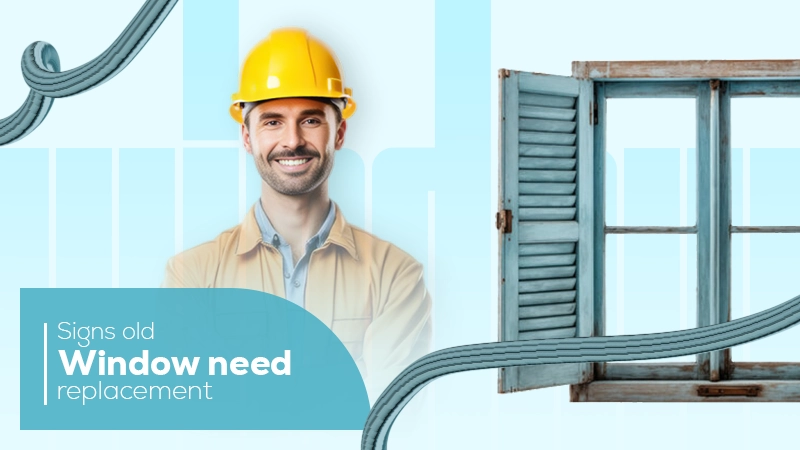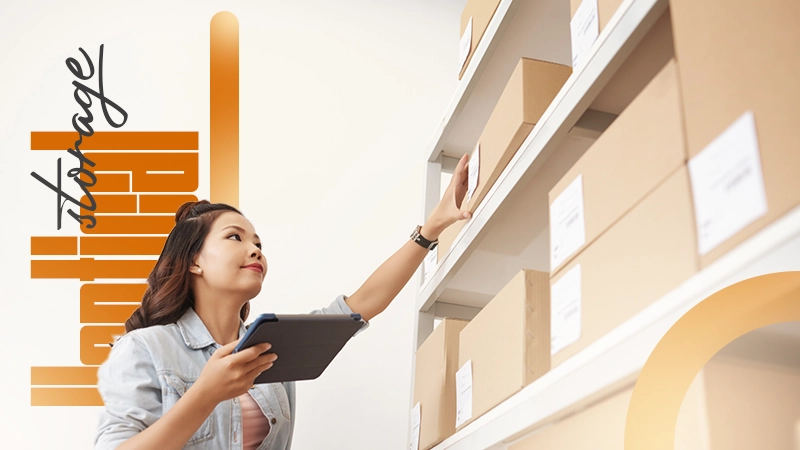When a pipe bursts, the aftermath can be overwhelming. Flooded basements, damaged floors, and ruined possessions are just a few of the consequences. Quick and effective action is necessary to prevent severe damage to your property and belongings. Understanding how to respond immediately can help minimize the negative impact of a pipe burst. By adhering to the recommendations outlined below, homeowners can take proactive measures to handle a pipe burst efficiently.

Understanding the Causes of Pipe Bursts
Pipe bursts often occur due to a variety of factors, and identifying the cause can help in taking preventive measures. One common cause is freezing temperatures, which allow water in pipes to freeze and expand, leading to a rupture. Aging pipes pose a significant risk, as plumbing systems age, corrosion can weaken pipes, making them more susceptible to bursts.
High water pressure can strain pipes, making them prone to breaks. Regular maintenance and inspections can help catch these issues before they escalate into larger problems. By being aware of the potential causes, homeowners can take steps to prevent a pipe from bursting in the first place.
Immediate Responses to a Burst Pipe
When you discover a burst pipe, your first step should be to turn off the water supply to stop further flooding. This can typically be done at the main shut-off valve located near where the water enters your home. After shutting off the water, it’s crucial to drain the system by turning on faucets until the water runs dry. Next, assess the extent of the damage and prioritize quick cleanup to prevent mold and mildew.
Use towels or mops to soak up water, and consider using a wet/dry vacuum for larger areas. Proper ventilation is important, so opening windows and doors can help speed up the drying process. If you find it overwhelming, don’t hesitate to call in professionals to handle the cleanup and repair.
Assessing Water Damage and Safety Hazards
Once the water has been shut off and the immediate area is somewhat controlled, assess any potential hazards. Check for exposed electrical wiring or outlets near the area where the pipe burst. If you detect any signs of electrical issues, avoid contact and call an electrician immediately. It’s important to determine whether the floodwater is clean or contaminated.
If the water is murky or has a foul smell, it could pose health risks, indicating contamination. Flooding from sewage or drainage systems can introduce serious health concerns, which necessitate professional cleanup. Keep in mind that soaked insulation, drywall, and furniture need to be disposed of properly to avoid further damage and health hazards.
Documenting Damage for Insurance Claims
Documentation is important when dealing with the aftermath of a burst pipe, particularly if you intend to file an insurance claim. Start by taking detailed photographs of the affected areas and any damaged belongings. Ensure that the images capture wide shots of the rooms and close-ups of the damage. Record the dates and times of your actions, as well as any communications with plumbers or service providers.
Write down descriptions of the damages, including estimates for repairs if available. Keeping all invoices and receipts from repair work, as well as evidence of any mitigation efforts, will support your claim. Having this information organized can expedite the claims process and increase the likelihood of receiving necessary compensation for your losses.
Engaging Professional Help for Repairs
After a pipe burst, it’s often beneficial to bring in professionals not only for cleanup but for repairs as well. While some homeowners may feel tempted to handle everything independently, the expertise of qualified plumbers can save time and prevent further complications. They can conduct thorough inspections to identify underlying issues that may have led to the pipe burst, ensuring that the same problem doesn’t occur again. Professional repair can facilitate the replacement of damaged pipes with high-quality materials.
Quality service and repairs contribute to the longevity and reliability of your plumbing system. When searching for professionals, always look for licensed and insured plumbing services in your area to ensure that you receive the best assistance. Reading reviews and seeking recommendations can help you choose a trusted provider who delivers dependable, long-lasting results.
Implementing Preventive Measures for the Future
Once the immediate crisis is managed, consider how to prevent future incidents. Regular maintenance checks by experienced professionals can ensure that your plumbing is in good shape, and routine hydrostatic testing may be beneficial for older piping systems. Insulating pipes in colder areas of your home will protect them against freezing.
Encouraging responsible water usage practices in your household can relieve pressure on your plumbing system. Be cautious about what goes down the drains, and avoid flushing items that could cause blockages and lead to bursts.
The challenges posed by a burst pipe can be daunting, but with proactive measures and swift actions, you can minimize damage significantly. Understanding why pipes burst and identifying immediate actions can help control the fallout from such an event. Assessing the damage carefully, documenting findings, and bringing in professional help are all integral parts of an effective response plan. By investing in reliable services and preventive strategies, homeowners can protect their properties from future plumbing disasters.





